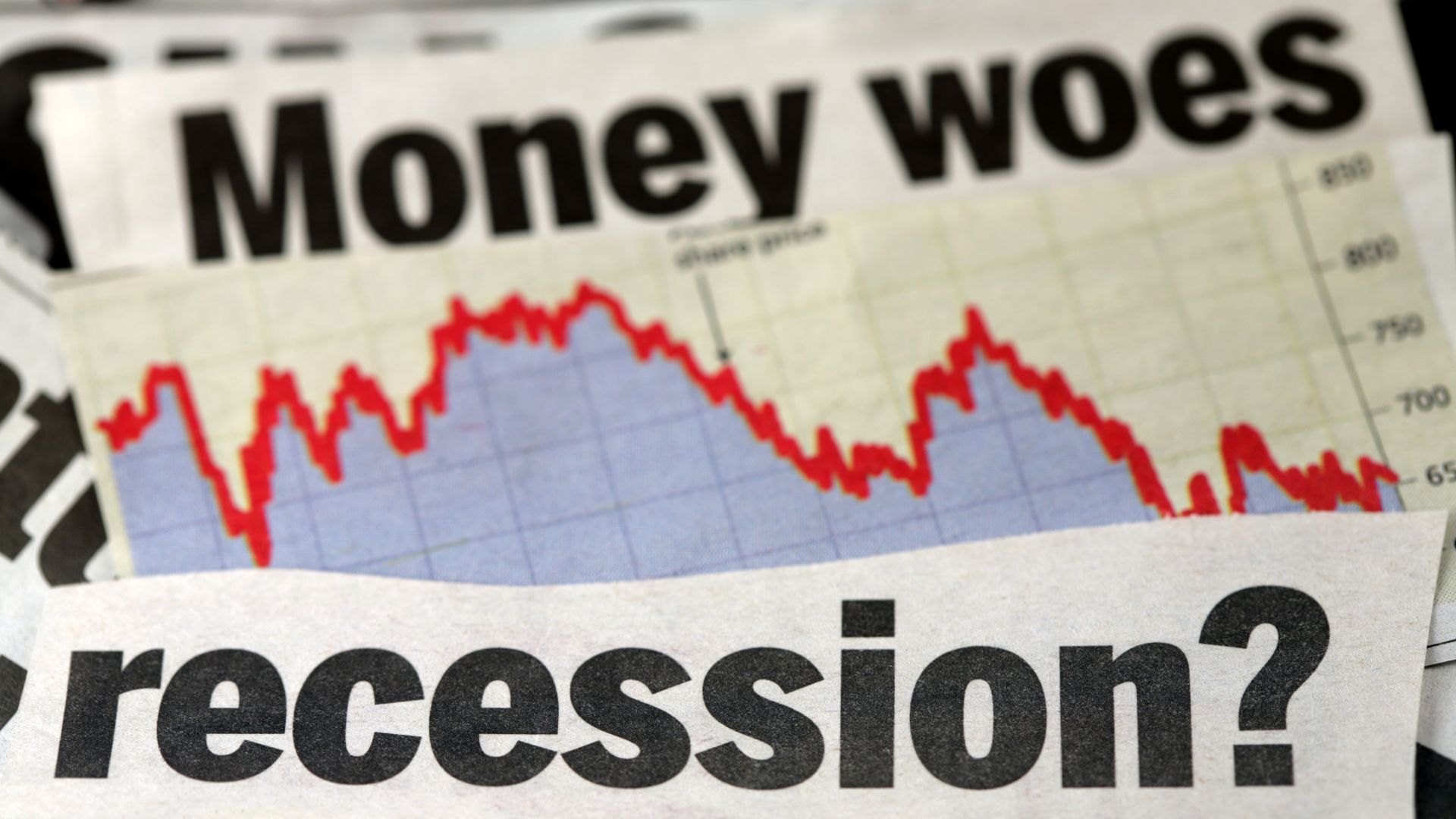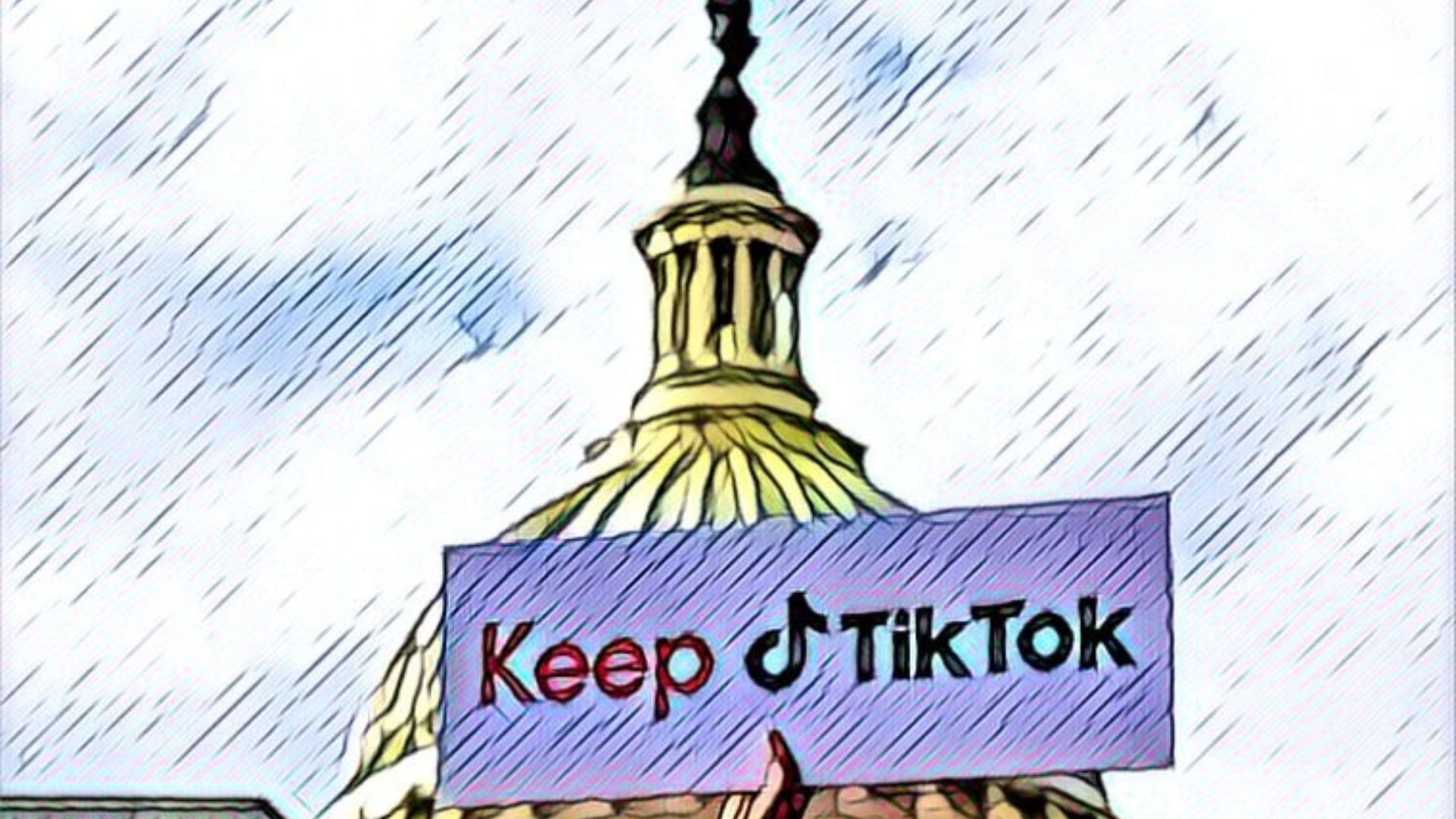An economic recession is a period of economic decline, typically characterized by a decrease in gross domestic product or GDP, high unemployment rates, and a decline in the stock market.
A recession can be caused by a variety of factors, including a decrease in consumer spending, an increase in interest rates, and a drop in housing prices.
During a recession, businesses may struggle to remain profitable, leading to layoffs and reduced investment. The effects of a recession can be far-reaching and can impact individuals, businesses, and governments alike.
One common cause of a recession is a decrease in consumer spending :
When people are feeling uncertain about their economic prospects, they may be less likely to make large purchases or take on new debt.
This decrease in consumer spending can lead to a decline in demand for goods and services, which can in turn lead to reduced production and lower sales for businesses.
Another factor that can cause a recession is an increase in interest rates.
When interest rates go up, it becomes more expensive for businesses and individuals to borrow money.
This can lead to a decrease in investment and spending, which can then lead to a decline in economic activity.
A drop in housing prices can also contribute to a recession :
When the value of homes decreases, it can lead to a decline in the wealth of homeowners. This can cause them to reduce their spending, which can then lead to a decline in demand for goods and services.
Additionally, a drop in housing prices can lead to a decline in construction activity, which can further decrease economic activity.
The effects of a recession can be far-reaching and can impact individuals, businesses, and governments alike.
Individuals may face job loss and reduced income, which can make it difficult for them to make ends meet.
Businesses may struggle to remain profitable and may need to make difficult decisions, such as reducing their workforce or closing their doors altogether.
Governments may need to implement policies to try to stimulate economic growth and reduce the negative impacts of a recession.
Overall, a recession is a challenging time for the economy :
It can lead to reduced economic activity, high unemployment rates, and declines in the stock market.
While the exact causes of a recession can vary, they often involve a combination of factors that lead to a decline in consumer spending, an increase in interest rates, and a drop in housing prices.
4 Famous Recession of The US History
1. The early 1980 recession :
This recession was caused by a combination of high interest rates, a drop in the housing market, and a decline in oil prices. The recession led to high unemployment rates and a significant decrease in the stock market.
2. The early 1990 recession :
This recession was sparked by a number of factors, including a drop in defense spending following the end of the Cold War, a decline in real estate values, and an increase in oil prices. The recession led to high unemployment rates and a decline in the stock market.
3. The dot-com bubble recession of 2001 :
This recession was triggered by the bursting of the dot-com bubble, which had been fueled by excessive investment in internet-based companies. The recession led to a significant decline in the stock market and a rise in unemployment rates.
4. The Great Recession of 2008-2009 :
This was one of the most severe recessions in US history, triggered by the collapse of the housing market and the subprime mortgage crisis. The recession led to high unemployment rates and a significant decline in the stock market.
5 Tips How You Can Prepare Yourself for the Recession
1. Make a budget and stick to it : This will help you identify unnecessary expenses and cut back on them in order to save money.
2. Build up an emergency savings fund : This will provide a financial cushion in case you lose your job or face other unexpected expenses.
3. Consider reducing your debt : This will free up more of your income to save and invest, and will also make it easier to weather a recession.
4. Look for ways to increase your income : For example, taking on a part-time job or freelance work.
5. Stay invested in the stock market : But be sure to diversify your portfolio and avoid risky investments. This will help you maintain your wealth and potentially even grow it during a recession.
A recession is a difficult economic period that can have far-reaching consequences for individuals, businesses, and society as a whole.
By taking steps to reduce expenses, increase income, and maintain a diversified investment portfolio, individuals can help to protect themselves and their families from the negative effects of a recession.
While it is impossible to predict when the next recession will occur, being prepared and having a plan in place can make all the difference in weathering the storm.
What is SWOT Analysis : Explained Like You Are 5-Year-Old







